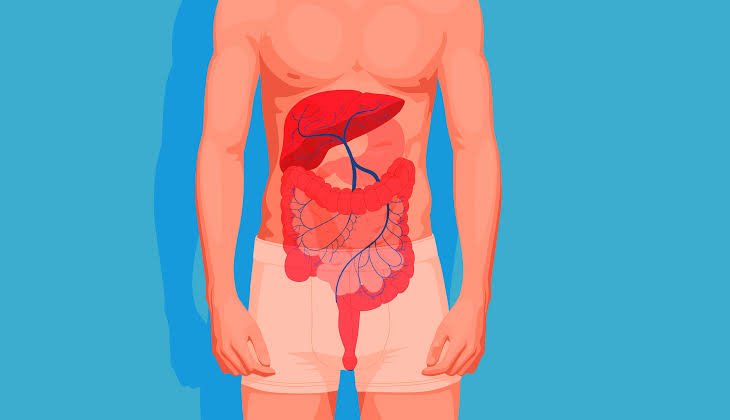The gastrointestinal (GI) tract is highly sensitive to the effects of alcohol. When consumed, alcohol is rapidly absorbed into the bloodstream through the stomach and intestines, where it can irritate and damage the lining of these organs. Chronic alcohol consumption can lead to inflammation of the stomach lining, known as gastritis, which causes symptoms such as nausea, vomiting, and abdominal pain.
Gastritis is one of the most common gastrointestinal disorders associated with alcohol use disorder, and it can significantly impact an individual’s quality of life. Effective alcohol use disorder treatment must address these underlying health issues to help individuals manage their symptoms and promote healing.
The Link Between Alcohol Use Disorder and Liver Disease
The liver plays a crucial role in processing alcohol and detoxifying the body. However, chronic alcohol use can overwhelm the liver’s ability to function effectively, leading to a range of liver-related gastrointestinal disorders.
One of the most well-known conditions associated with alcohol use disorder is alcoholic liver disease, which includes fatty liver, alcoholic hepatitis, and cirrhosis. These conditions can significantly impair the liver’s ability to produce bile, a substance that aids in digestion, leading to further gastrointestinal issues. Alcohol use disorder treatment is essential for preventing the progression of liver disease and its associated complications, including gastrointestinal distress.
Alcohol’s Role in Malabsorption and Nutritional Deficiencies
Another significant impact of alcohol use disorder on gastrointestinal health is its role in malabsorption and nutritional deficiencies. These deficiencies can contribute to a range of gastrointestinal symptoms, including diarrhea, bloating, and abdominal pain.
Malabsorption can lead to more severe conditions, such as anemia and osteoporosis, which further complicate the recovery process. Addressing these nutritional issues is a critical component of alcohol use disorder treatment, as proper nutrition is essential for both physical and mental recovery.
The Importance of Early Intervention and Comprehensive Treatment
The connection between alcohol use disorder and gastrointestinal disorders underscores the importance of early intervention and comprehensive treatment. Left unchecked, the gastrointestinal complications of AUD can lead to severe health problems that are difficult to manage and may even be life-threatening.
Early intervention through alcohol use disorder treatment can help individuals reduce their alcohol consumption, prevent the progression of gastrointestinal disorders, and improve their overall health and well-being.
Comprehensive alcohol use disorder treatment should include a multidisciplinary approach that addresses both the physical and psychological aspects of the disorder. This may involve working with healthcare providers to monitor and manage gastrointestinal symptoms, implementing dietary changes to support gut health, and providing psychological support to address the underlying causes of alcohol use. By taking a holistic approach to treatment, individuals can achieve better health outcomes and reduce the risk of relapse.
The impact of alcohol use disorder on gastrointestinal health is significant and multifaceted. From gastritis and peptic ulcers to liver disease and malabsorption, the effects of chronic alcohol consumption on the digestive system can be severe.
Addressing these issues through alcohol use disorder treatment is essential for promoting healing and supporting long-term recovery. By understanding the connection between AUD and gastrointestinal disorders, individuals can take proactive steps to protect their health and achieve lasting sobriety.

